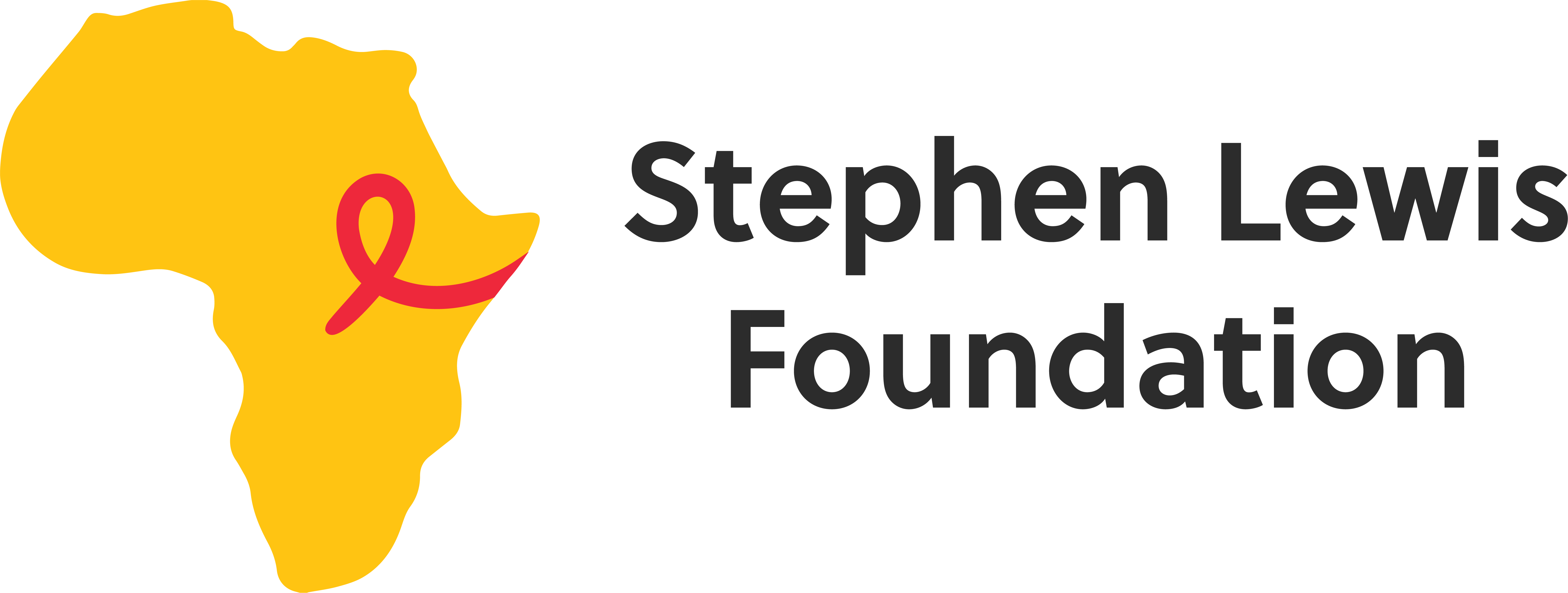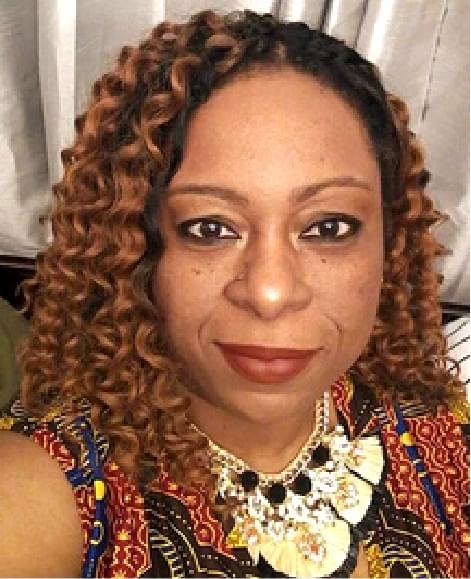Spotlight on
Grassroots
SPRING 2022
Partner: Reach out Mbuya
Location: Uganda
Credit: Museruka Emmanuel
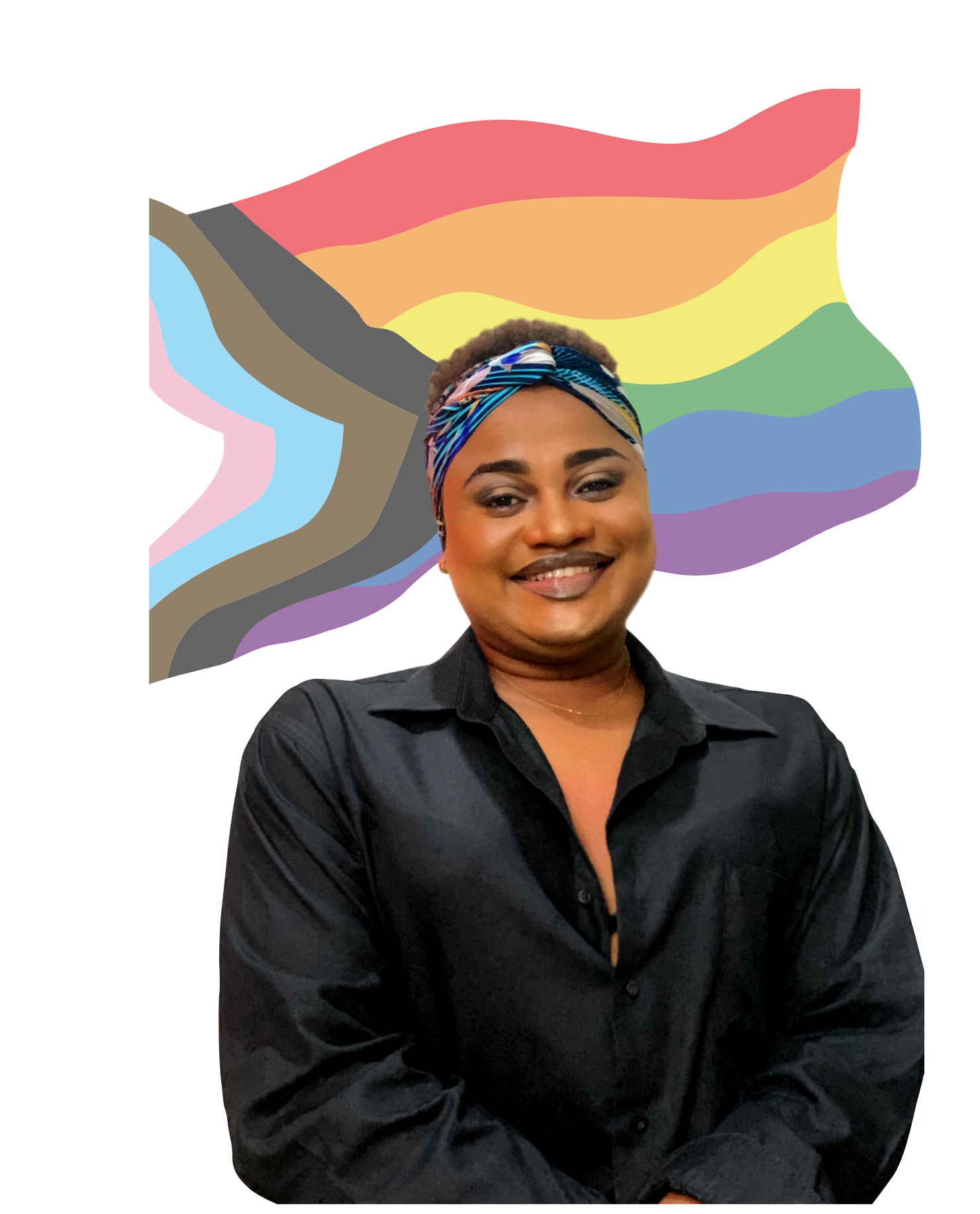
Credit: BETAyouth
Bronnie Ivy
Executive Director BETAyouth
Support LGBTIQ Communities TRANScending Inequity.
“All I want is to be able to live my life like any other woman.”
But as a trans person in Tanzania, that’s not always easy. There is no legal recognition of our existence. Changing names on birth certificates and official documents is all but impossible. As a social worker, I see how hard it is for people to access essential services, like health care and education.
I want to change that.
I took part in the Imarisha program run by the Centre for Public Health Laws, Social Economic Rights, and Advocacy (CENTA), a Stephen Lewis Foundation partner in Tanzania. The program gave me skills in governance, advocacy, and human rights and helped me develop as a leader. I started my own organization, Better Transformation Ahead Towards Power (BETAyouth), to improve the lives of trans community members through mental health services, legal supports, advocacy, and life-skills training. Throughout the COVID-19 pandemic, BETAyouth has helped trans people living in harsh conditions by assisting with rent and food as well as supplying masks and hand sanitizer.
I want my trans peers to be free to live their lives to the fullest with pride in who they are, and transcend the discrimination that drives the AIDS pandemic. Together, we are ensuring that grassroots activists like me can effect change at the community level, and support some of our world’s most marginalized populations.
In my work, I have seen the impact of stigma-free psychosocial, legal, and medical supports first-hand. Involving trans people in efforts to end the AIDS pandemic is critical to slowing the transmission of HIV and saving lives across sub-Saharan Africa!
In solidarity,
Bronnie Ivy,
Executive Director, BETAyouth

Getting Back to Their Roots
Credit: Siyano Photography
As climate change puts lives and livelihoods at risk for families across sub-Saharan Africa, the SLF works with partners that are finding ways to prevent their communities from disproportionately suffering the effects of environmental degradation. An approach proving vital for communities is a return to traditional crops that sustained generations of families. Communities are generating income and improving access to healthy food.
Laiza Zvakumbira leads one such project. As she holds her grandchild, the 54-year-old grandmother of 10 carefully nurtures beans, sweet potatoes, beets, and greens. She uses the “C-Bed,” a water and soil conservation method learned from Midlands AIDS Service Organization (MASO), an SLF partner in Zimbabwe.
Laiza’s garden is a part of MASO’s Climate and Smart Agriculture Technologies & Enterprise project. With support from SLF, the project allows community members to test various methods of farming and combinations of crops. They adapt their strategies according to the specific climate challenges they face. When a recent heatwave hit Zimbabwe, it exposed vulnerabilities in the rabbit-rearing method Laiza relied on, but she was equipped to shift her focus and minimize her losses.
The garden is not only a source of income and food; it provides a crucial safety net for her family and a sense of purpose and achievement. It offers a means of channelling her energy towards sustainable change for herself, her community, and the environment. Laiza shares her crop and livestock expertise with her MASO support groups. As a provincial leader of the organization, she also provides services and support related to adherence to antiretroviral drugs (ARVs).
“I am living positive in life. I thank organizations like MASO … They empower me with knowledge and they empower me on how to disclose my status to others and to be a leader by example.”
The Stephen Lewis Foundation works in power with grassroots organizations and community leaders like Laiza to respond to new challenges presented by the escalating climate crisis. We are profoundly grateful for the generosity of donors who help make this possible.
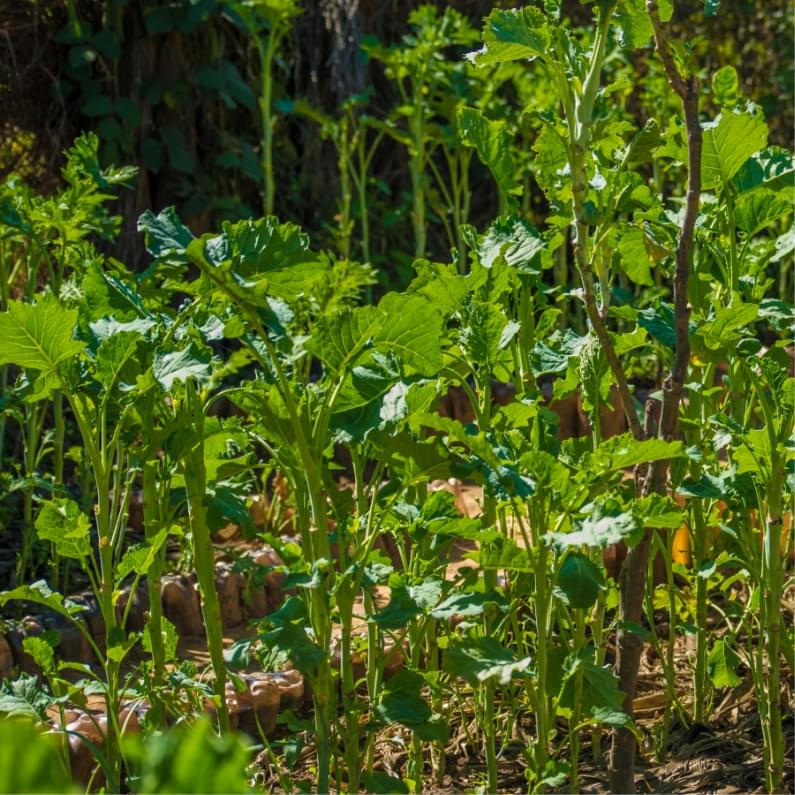
Beans, sweet potatoes, beets, and greens flourish in Laiza’s garden.
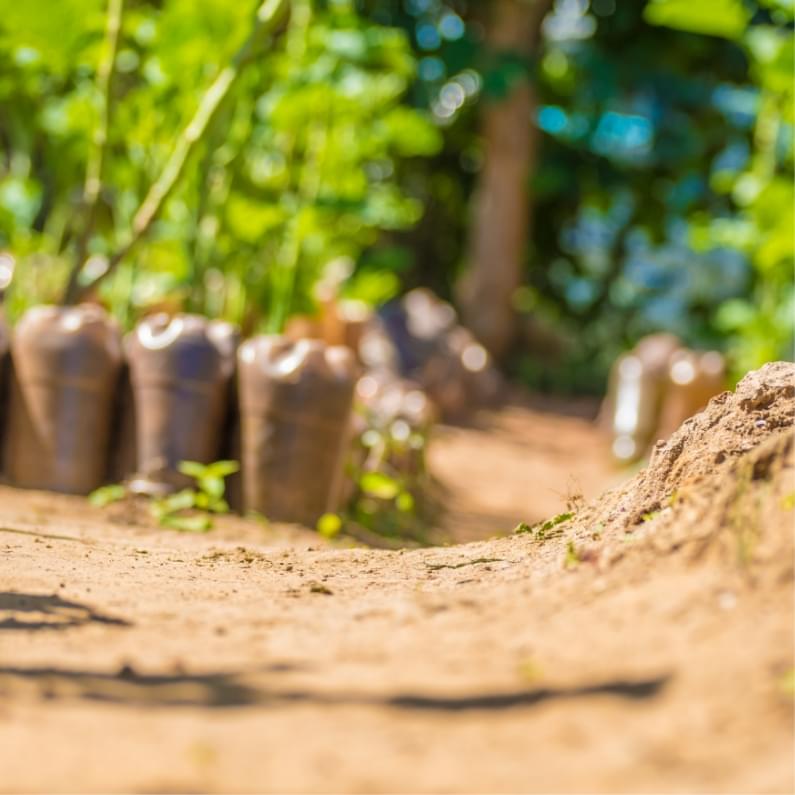
She uses a water and conservation method she learned from SLF partner, MASO.
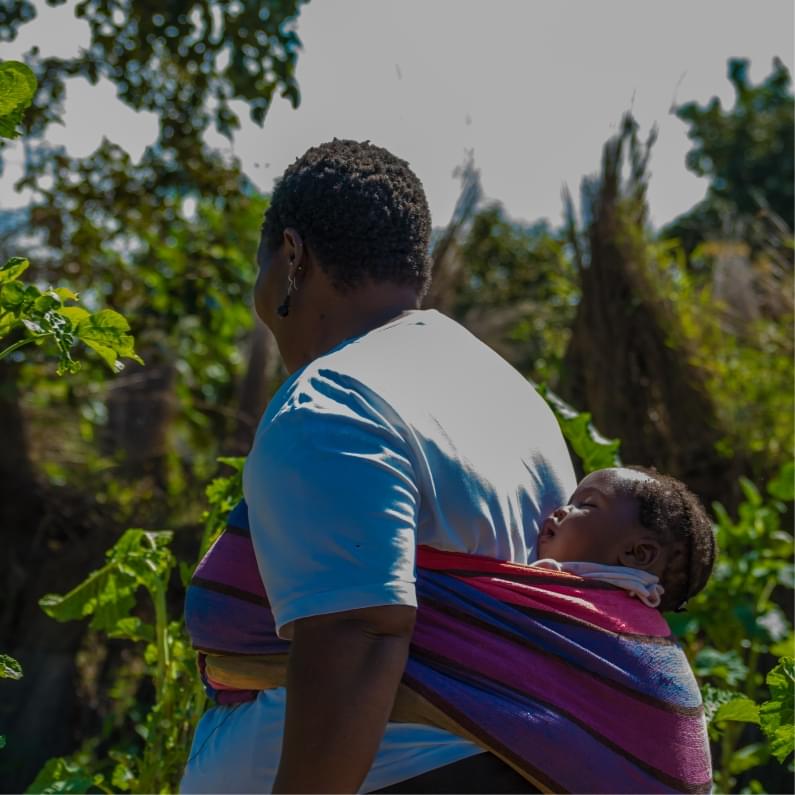
Laiza is a caregiver to 10 grandchildren.

Instilling HOPE in the Younger Generation
A recently published study found that, in Kenya, school closures due to COVID-19 doubled the chance a girl would become pregnant before graduating secondary school and tripled the chance she would drop out.* SLF partner Ember Kenya Grandmothers Empowerment Project anticipated the risk and made a plan for their community. Their response was rooted in caring for and supporting teenage girls as whole people.
When schools closed, Ember organized students into groups of 10, challenging them to create income generating projects. They provided training and resources for the youth to pursue those projects. In addition to raising money for household expenses, this gave young people a daily sense of purpose.
Ember partnered with another community organization to provide sex education and health information for students aged 12-19, which they would normally receive at school. They also provided individualized counselling, mentoring, and tutoring to address young people’s concerns and unique needs.
These life-changing measures ensure that pregnancy is not the end of a young girl’s education or opportunities in life. They help young mothers to thrive, overcome stigma, stay in school, and achieve their dreams.
Your donations to the Stephen Lewis Foundation help level the playing field for young women who need continuity of care, education and creative outlets to maintain their independence and autonomy despite the changing landscape in their communities.
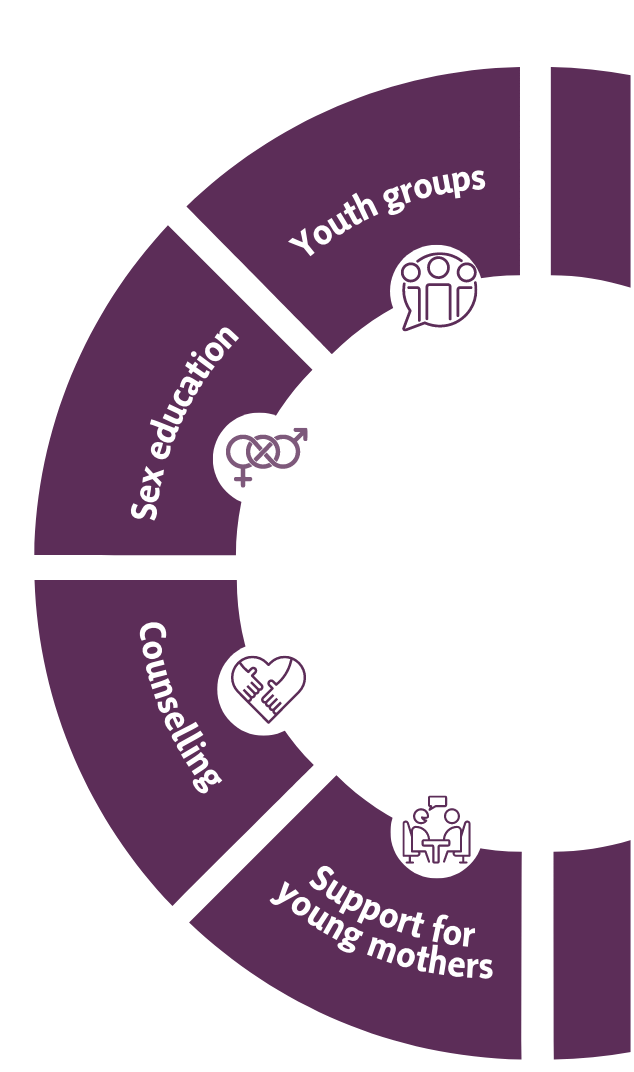
"Ember is addressing [young people’s] needs because as youth we really grapple with boy/girl relationships and early pregnancy issues. We like to talk about these issues.”
SLF partners like Ember Kenya Grandmothers Empowerment Project and MUJHU in Uganda (pictured here) are creating chances for young people to thrive.
Credit: Emmanuel Museruka
*“Impact of COVID-19 lockdowns on adolescent pregnancy and school dropout among secondary schoolgirls in Kenya,” BMJ Global Health 2022

The SLF will be at AIDS 2022!
Every two years, the HIV and AIDS community gathers from around the world for the International AIDS Conference, and this July it’s in Montreal. Eight SLF staff members will attend in person or virtually and we will co-host a gathering of philanthropic AIDS funders. In addition, we will host an event on the eve of the conference about approaches to funding home-based and community-based care (stay tuned for more details). Be sure to follow us on social to keep up-to-date on our activities at #AIDS2022.
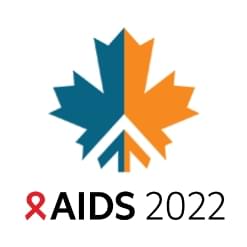
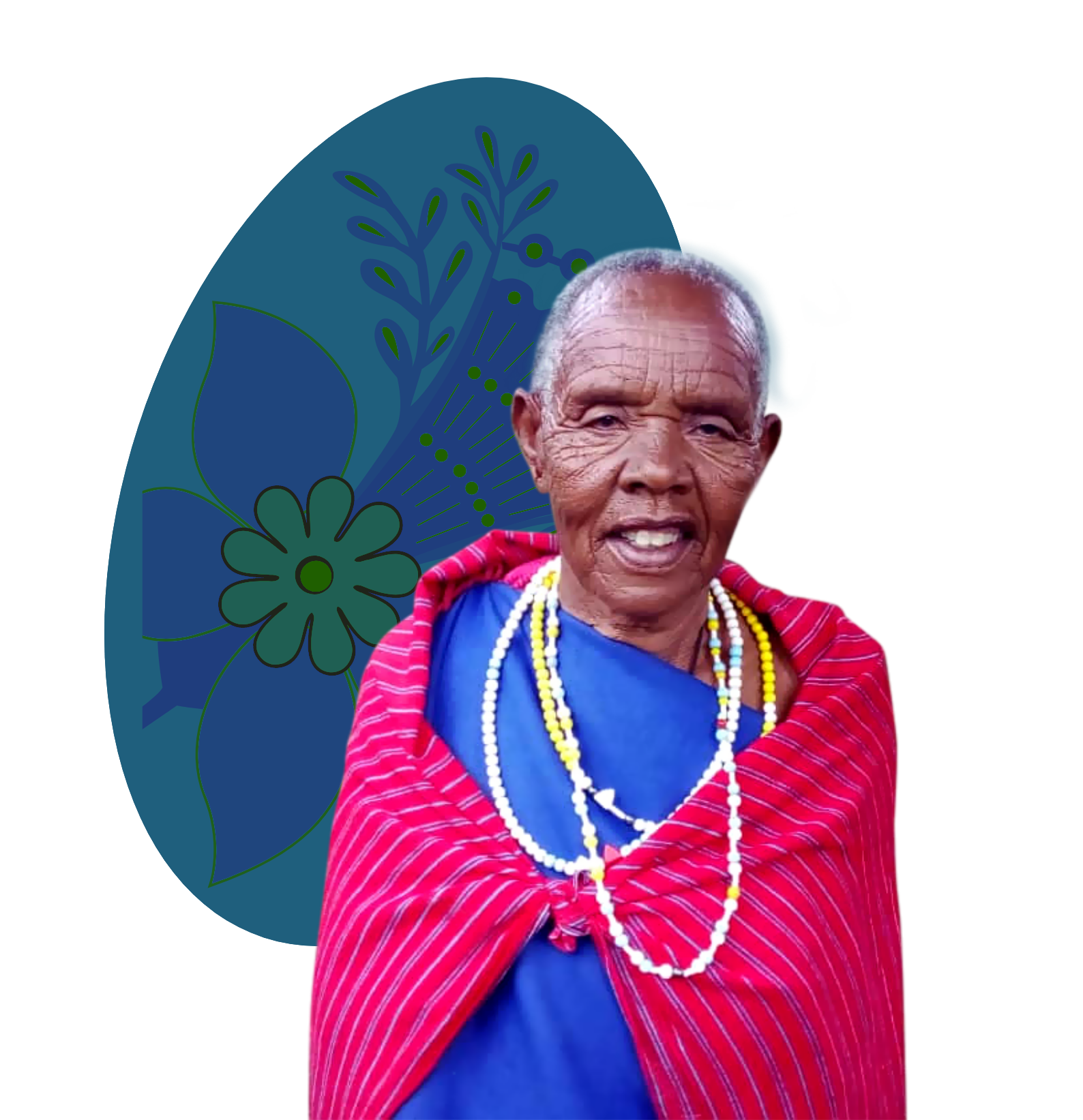
Credit: MWEDO
Martha Nagol Kapurwa
Traditional Birth Attendant
"We wish ... to raise our voices and inform the world about the importance of the presence of traditional birth attendants, and about their contribution to saving maternal and child health."
Finding JOY in a Life's Work
For three decades, Martha Nagol Kapurwa has answered the same calling as her mother and her mother’s mother before her: she is a traditional birth attendant (TBA) in northern Tanzania’s Kiteto district, where she travels between remote Maasai villages caring for women during their pregnancy, delivery, and first weeks at home with a newborn.
The 60-year-old mother of six — and grandmother to 23 — finds JOY in seeing women safely deliver healthy babies and considers the role of a TBA as her life’s work. “My passion has always been to help young pregnant women,” she says. “It really started with my own children and later more pregnant women came for my support.”
Martha’s rich knowledge in traditional customs for pregnancy, labour, and delivery allows her to educate expectant mothers on nutrition, family planning, and infant care. Her clients often prefer home births to delivering in hospitals many hours away, where language and cultural barriers persist and traditional attendants are not allowed.
Thanks to training from Maasai Women Development Organization (MWEDO), Martha educates her patients on HIV awareness and prevention of HIV transmission during pregnancy, childbirth, and breastfeeding. She refers mothers and their spouses for HIV testing at MWEDO’s Kipok medical facility, where they receive culturally appropriate care, and where Martha can attend their delivery.
After attending more than 100 births and advising countless other expectant mothers, Martha’s vision for the future is one where women receive the health care they need and men receive the education to support them. Martha is a testament to the strength of experience and the expertise that is held by communities.
For more stories of women working towards a future free from AIDS
Visit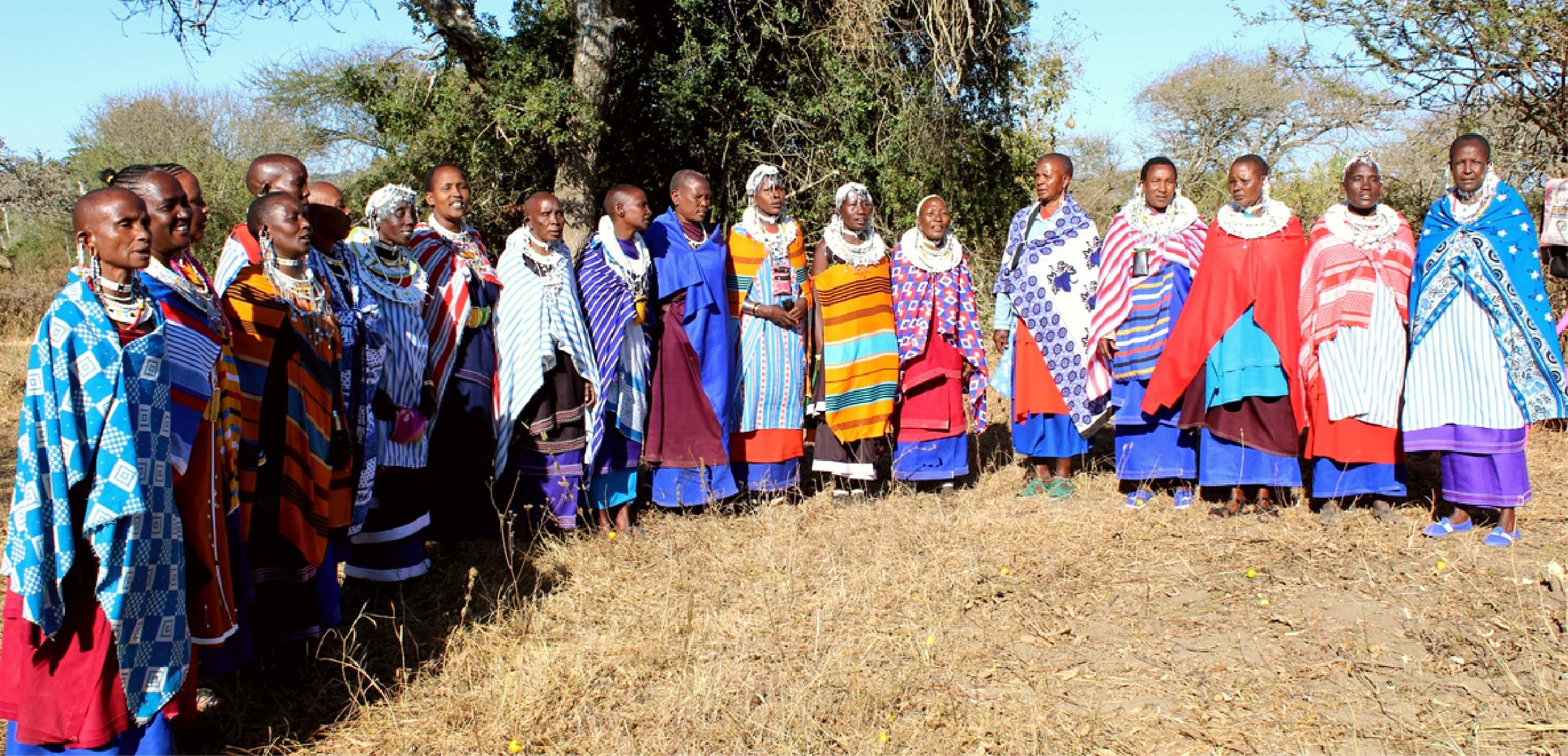
Credit: MWEDO
Traditional birth attendants work closely with MWEDO home-based care workers (pictured) to deliver high-quality, culturally informed health care to Maasai women.
Your generous monthly gifts to the Stephen Lewis Foundation support our partners’ transformative work — thank you!
Evidence from the World Health Organization shows the key role of community-based organization in ˝increasing accessIblity and acceptability for key populations˝ like LGBTIQ communities. This is why your solidarity with our partners matters.
John Kashiha, founder of the Centre for Public Health Laws, Social Economic Rights and Advocacy (CENTA), has spoken about injustices and human rights violations. Based on sexual orientation and gender identities, individuals are denied health services, face rejection by their families, and experience physical assaults by police.
Despite Tanzania’s colonial-era homophobic laws and social norms, CENTA is a resilient community organization dedicated to leadership training, HIV programming, advocacy, and research for vulnerable, key populations. When discussing the risk of imprisonment LGBTIQ individuals face, John added:
“…it can be challenging working in this kind of hostile environment but people need to live; people need to enjoy life; people need to survive and people need to access health services…we have been arrested something like 7 times but we are not tired – [not] until it’s been done.”
Thank you for supporting organizations like CENTA as they advocate for vulnerable, key populations to be included and put at the forefront of the HIV and AIDS agenda.
Mentorship by CENTA
Despite the risks facing LGBTIQ organizations in Tanzania, there are a number of grassroots organizations, as well as formal and informal networks, that are led by LGBTIQ activists and sex workers who continue to tackle human rights violations; combat discrimination and stigma; provide health care; and promote sexual rights, equality before the law and social justice. CENTA is one of these organizations. They also play a critical role in mentoring smaller grassroots groups.
Learn more about other SLF partners working to champion health and human rights for LGBTIQ communities online
“CENTA brought togetherness and a feeling that we are not alone. This gave us HOPE and we were also able to join up with other LGBT groups that we did not know existed.”

